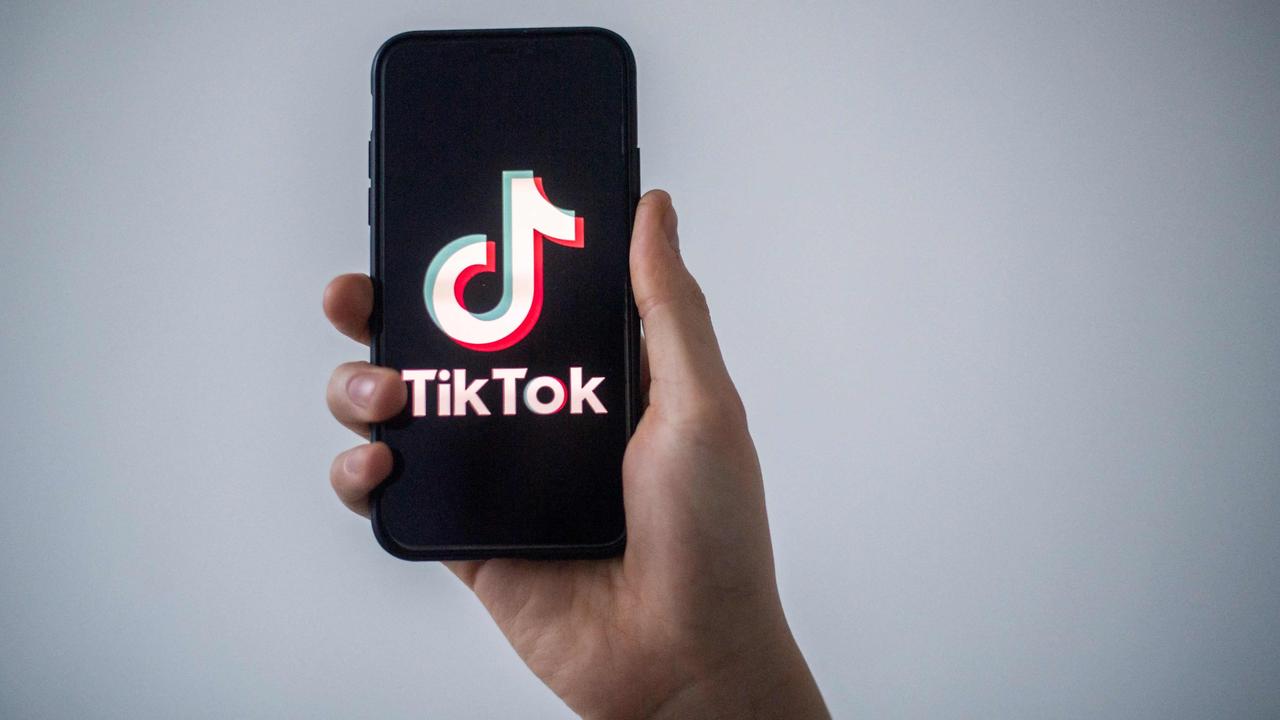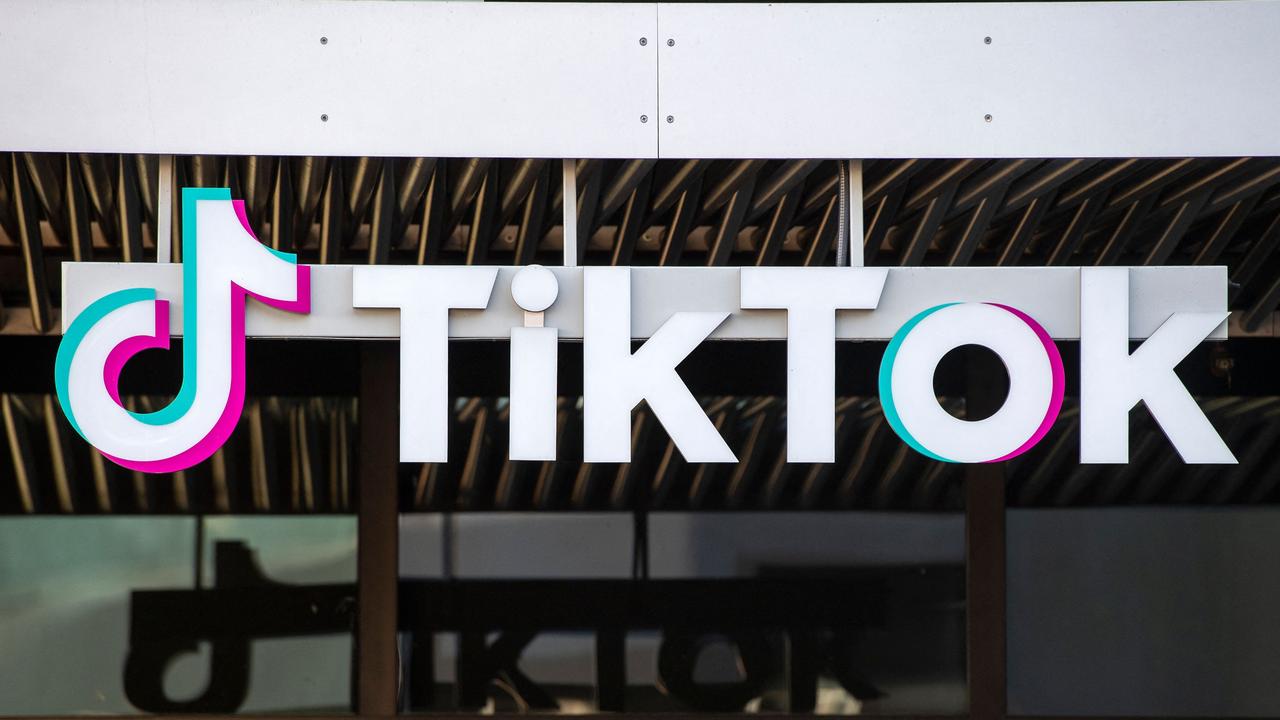
This article is more than
2 year old
The country’s communications and information technology minister, Rekha Sharma, told the BBC Nepali that TikTok spread malicious content.
“The ban will come into effect immediately and telecom authorities have been directed to implement the decision,” she said.

Nepali prime minister Pushpa Kamal Dahal defended the decision at an event in the city of Bhaktapur.
“After a long discussion on how to control the tendency to spread disharmony, disorder, and chaos in the society … a consensus was reached among all political parties, including both the ruling party and the opposition,” he said.
However, Gagan Thapa, leader of the Nepali Congress Party which is part of the ruling coalition, said the government’s intention seemed to be to “stifle freedom of expression”.
“Regulation is necessary to discourage those who abuse social media, but shutting down social media in the name of regulation is completely wrong,” he posted on X.
Internet service providers have been requested to cut access to the app. WorldLink Communications, which bills itself as the largest internet service provider in Nepal, has complied and other providers are expected to follow soon, the government said.

Nepal’s ban comes more than three years after India also banned TikTok, along with several other Chinese apps, with the justification that they posed a “threat to sovereignty and integrity.”
At the time, TikTok had an estimated 120 million users in the country, thus wiping out one of the app’s biggest markets.
Other countries, including Australia, have banned TikTok on government devices due to spying concerns. Bytedance has long maintained that TikTok does not share data with the Chinese government.